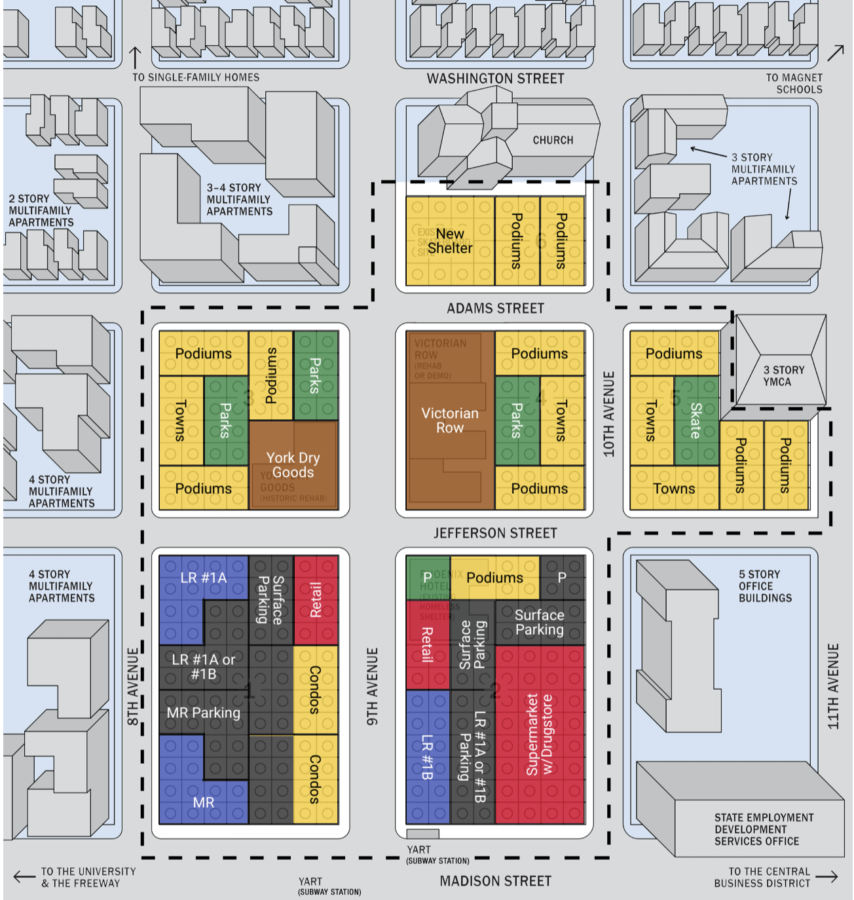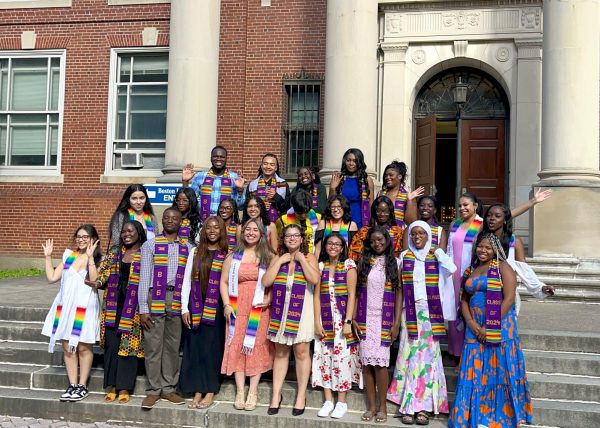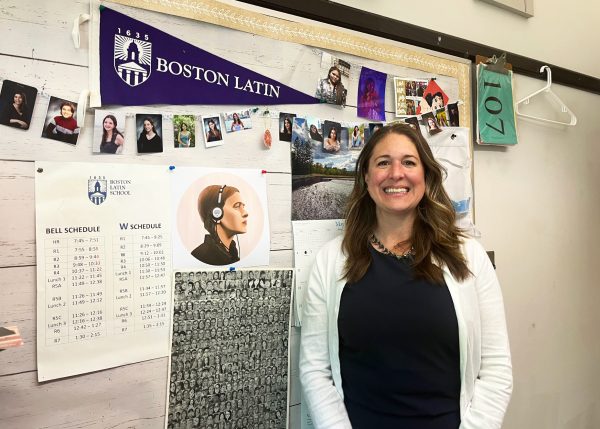Students Upgrade Elmwood in UrbanPlan Project
From the beginning of February to early March, AP Economics students completed an urban planning project where they became real estate developers to revamp a neighborhood.
In collaboration with the Urban Land Institute of Boston/New England (ULI Boston/New England), the goal of the UrbanPlan project was to plan out six city blocks in the Elmwood neighborhood of Yorktown, a fictional city. Students worked in teams to create plans while balancing their vision statement for the city, financial requirements and the interests of different populations in the area.
Teams were composed of five roles: Marketing Director, Site Planner, City Liaison, Neighborhood Liaison and Financial Analyst. The students, each tasked with different responsibilities and assignments, worked together to produce a final proposal.
The final product included portions from each of the team members concerning different aspects of the redevelopment plan. These included a vision statement, explanations for site placement and a detailed financial analysis. In making their decisions, students had to consider the costs, revenues, benefits and liabilities produced by each space and try to make the best decisions for the city, neighborhood, residents and organizations.
Jose “Marcky” Antonio (I) explains the impact of the project: “You notice how much thought goes into our residential landscape. […] As with a lot of subjects, I think it’s really important to know the practical applications […] because you need to have a sense of purpose to what you are learning.”
UrbanPlan is a project created by ULI Boston/New England. Students participating in UrbanPlan had the opportunity to work with professionals in fields related to economics and urban planning, such as real estate development. These professionals ensured that students considered multiple angles, such as the needs of different generations, when developing their neighborhood.
Attesting to this, Mariana Colque (I) says, “It gives [students] a different point of view. In economics, you’re basically looking at numbers and graphs, and when you go into urban planning, you really have to examine the people side of things.”
The UrbanPlan project was first coordinated at Boston Latin School in 2007 by AP Economics teacher Ms. Wendy Holm. It is also conducted in high schools such as Newton North High School and Bedford High School, as well as colleges like Boston College and Boston University. BLS is the only Boston high school that participates.
The project introduces students to new topics and tests their problem-solving abilities.
Ms. Holm says, “It allows for some creativity, it hones students’ critical thinking and persuasion skills, and it contributes to enhanced citizenship.”
In order to adapt to online classes, the project was shortened from the typical 15-day allotment to only nine. During in-person schooling, students would use Lego blocks to build their models. This year, however, students used a virtual tool to create site plans. Despite these modifications, the experience was no less worth doing than in past years.
“The entire experience was eye-opening […] in the sense that you get a different perspective of everything. […] You think of things from different facets rather than just one narrow perspective,” concludes Antonio.






